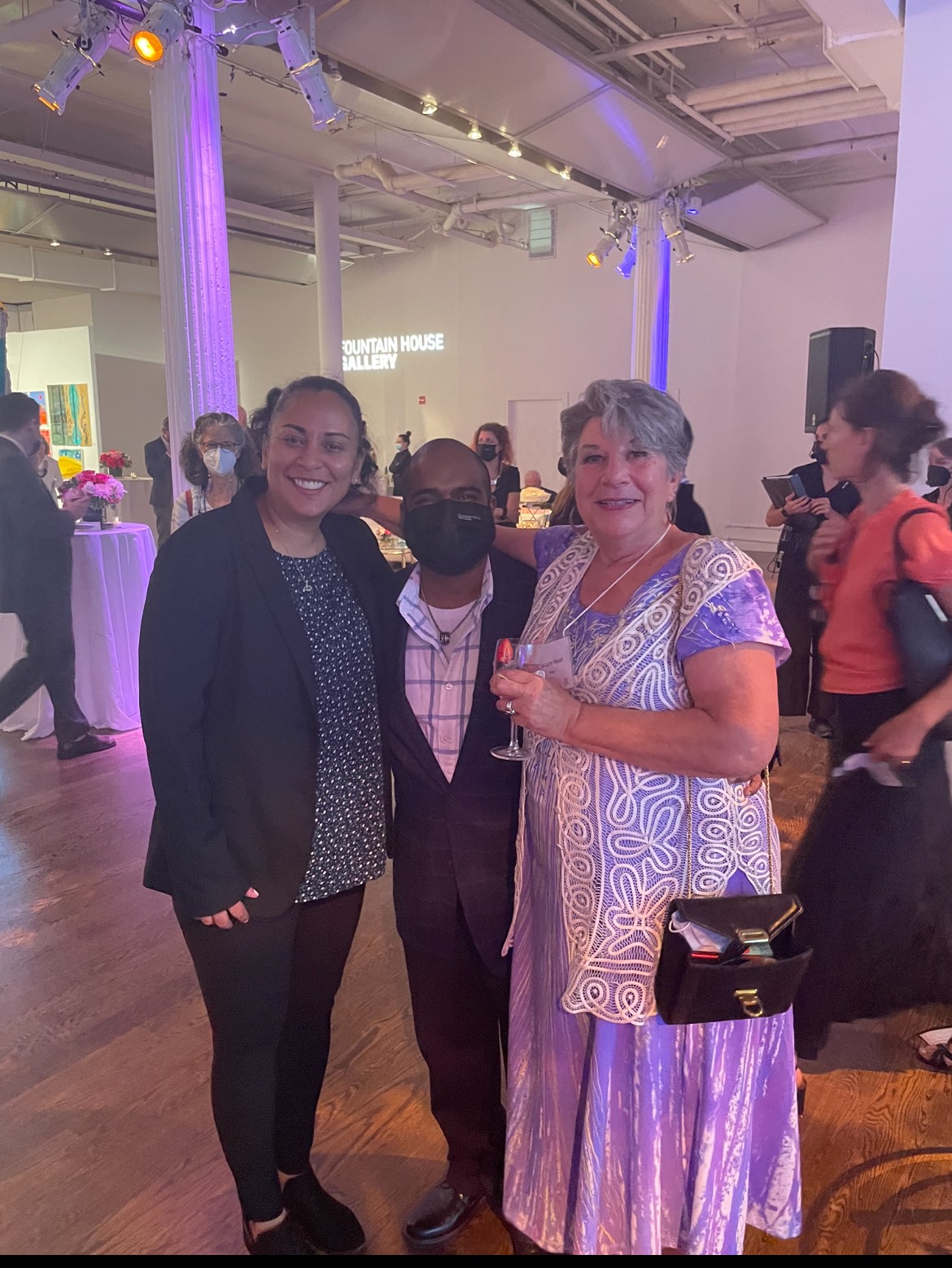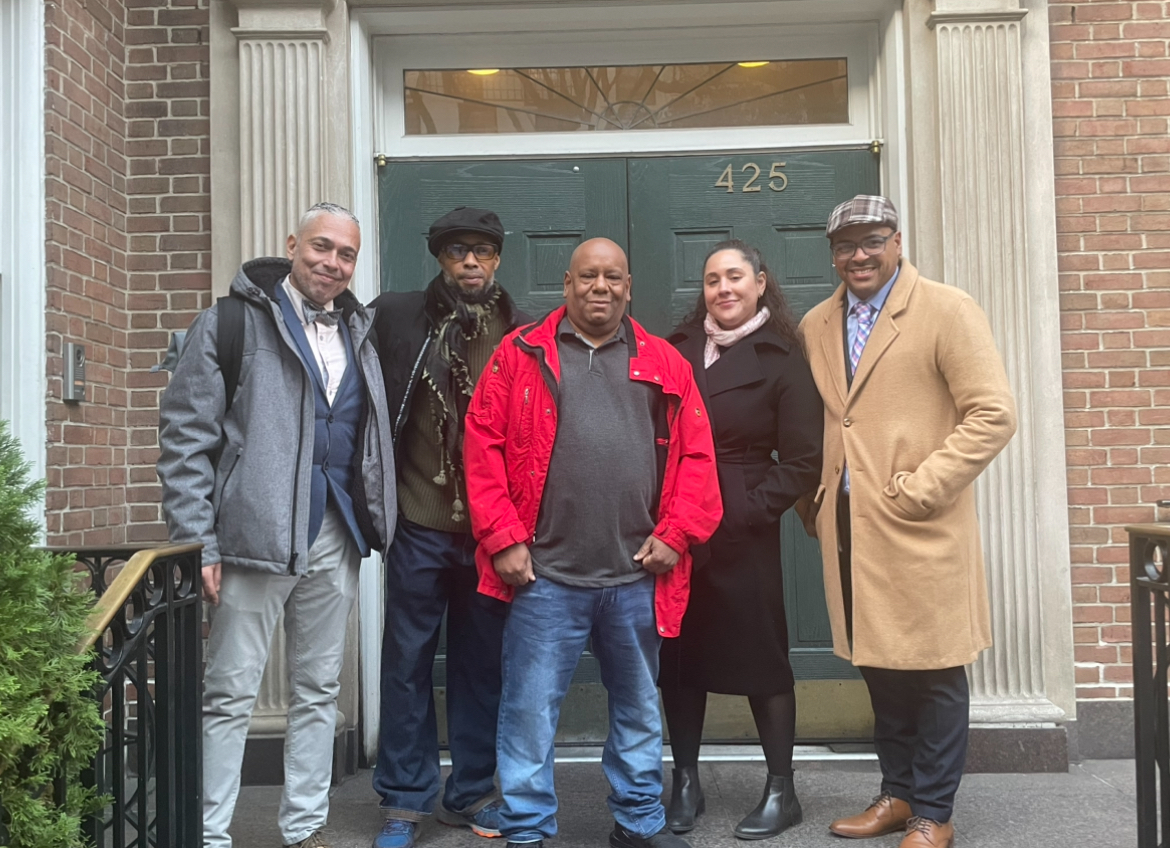We’re excited to introduce you to the always interesting and insightful Rosita Marinez. We hope you’ll enjoy our conversation with Rosita below.
Hi Rosita, thanks for joining us today. Was there a moment in your career that meaningfully altered your trajectory? If so, we’d love to hear the backstory.
During my journey in college, I was preparing myself for the next step in higher education. I was unclear about what area to pursue and how a specific career would be life-changing. I decided to pursue my Master of Social Work(MSW) to focus on clinical and macro issues. As a Latina, I wanted to help my community from a social justice lens and considered being a social worker would be impactful. While navigating graduate school, my concentration area was clinical, focusing on older adults. I wanted to work with older adults and address mental health access in the Latinx/e community. My field placement supported my interest, and being able to give back to our elders was satisfying.
After graduating from MSW, I decided to work in health care, especially with immigrants who had HIV/AIDS, to access health care and supportive services. As a social worker in the healthcare system, I wanted to offer my patients more than just the standard case management services. I decided to create linkages with community-based organizations and NGOs to provide my patients with ESL classes and legal consultation to pursue legal permanent status based on their health condition and being persecuted in their native country for their HIV status and sexual orientation. Creating this linkage program gave me such satisfaction that I focused my social work career, especially on macro issues, through a social justice lens that impacts BIPOC communities.
This experience was a defining moment as a social worker because since then, I have been focusing on addressing social issues that impact BIPOC communities, such as housing, mental health, and health care. As a Latina social worker, I have overcome many barriers to become an Executive for one of the largest behavioral care organizations in New York. I am the Senior Vice President of Supported Housing at the Institute for Community Living(ICl), where I oversee housing for individuals with Serious Mental Illness and co-occurring disorders. On a macro aspect, I focus on equitable housing, mental health, and healthcare by creating a safe space of supportive services and new programs that help the most vulnerable thrive in the community.
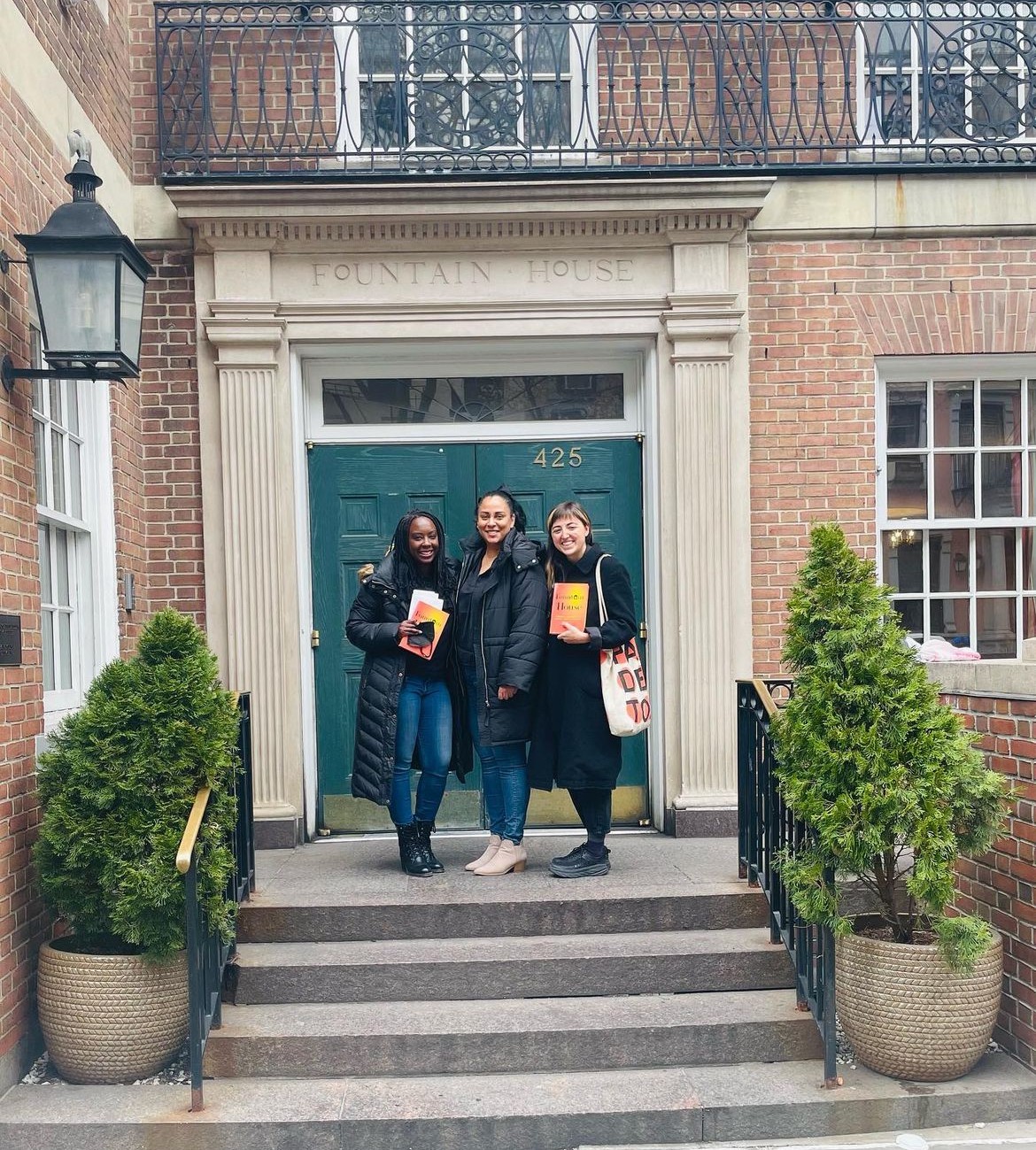
Awesome – so before we get into the rest of our questions, can you briefly introduce yourself to our readers.
I wanted to be a social worker, particularly an executive, focusing on social justice issues impacting BIPOC communities. I have dedicated myself to addressing equity in housing, mental health, and healthcare by creating different programs throughout my career. I have developed different community programs in HIV/AIDS, workforce, mental health, and housing.
Throughout my career, I have been part of creating the New York State AIDS Institute: Positive Housing for ALL, Housing Retention Programs, Robin Hood: AIDS for AIDS International: New York Immigrant Program, and Robin Hood: Seedco: Single Stop Initiative- Earn Benefits. I created the first Housing Resource Center in a clubhouse model for individuals with Serious Mental Illness. I recently created a new innovative program called Health Connect at the Institute for Community Living(ICL), which focuses on providing high-risk clients living with serious mental illness in the community with unique clinical-level support services to prevent psychiatric re-hospitalization and recidivism of homelessness and incarceration.
Being able to create community programs to service the most vulnerable communities brings me the utmost joy and satisfaction as a social worker executive. I can represent those communities with equitable resources so that they can thrive in the community.
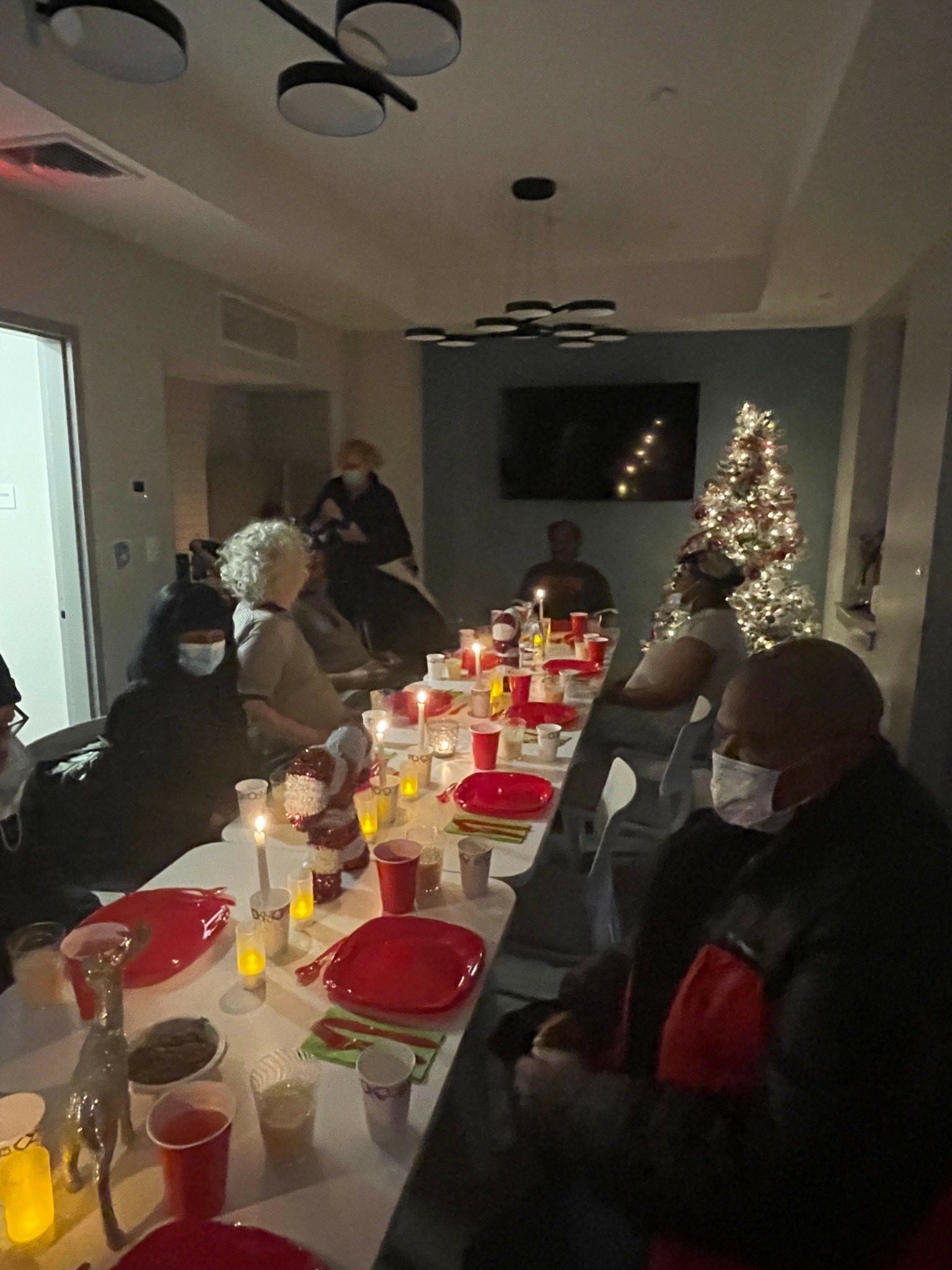
Training and knowledge matter of course, but beyond that what do you think matters most in terms of succeeding in your field?
I consider to succeed as an Executive Social Worker, the following is necessary:
1) Acquire the skills necessary in financial management, strategic planning, and organizational leadership.
2) Seek mentorship from seasoned professional leaders who can provide invaluable guidance.
3) Networking is a powerful tool to connect with professionals across various industries and can lead to collaboration, innovation, and career advancement opportunities.
4) Embracing challenges that will test your resolve and expand your capabilities.
5) The social work profession and the appropriate knowledge and skills are ever-evolving. Pursuing continuous learning through advanced certification or specialized training in leadership and management is necessary.
6) Visionary thinking is critical for social workers who aspire to executive leadership. This means looking beyond the day-to-day operations and focusing on long-term goals and innovative solutions to systems issues.
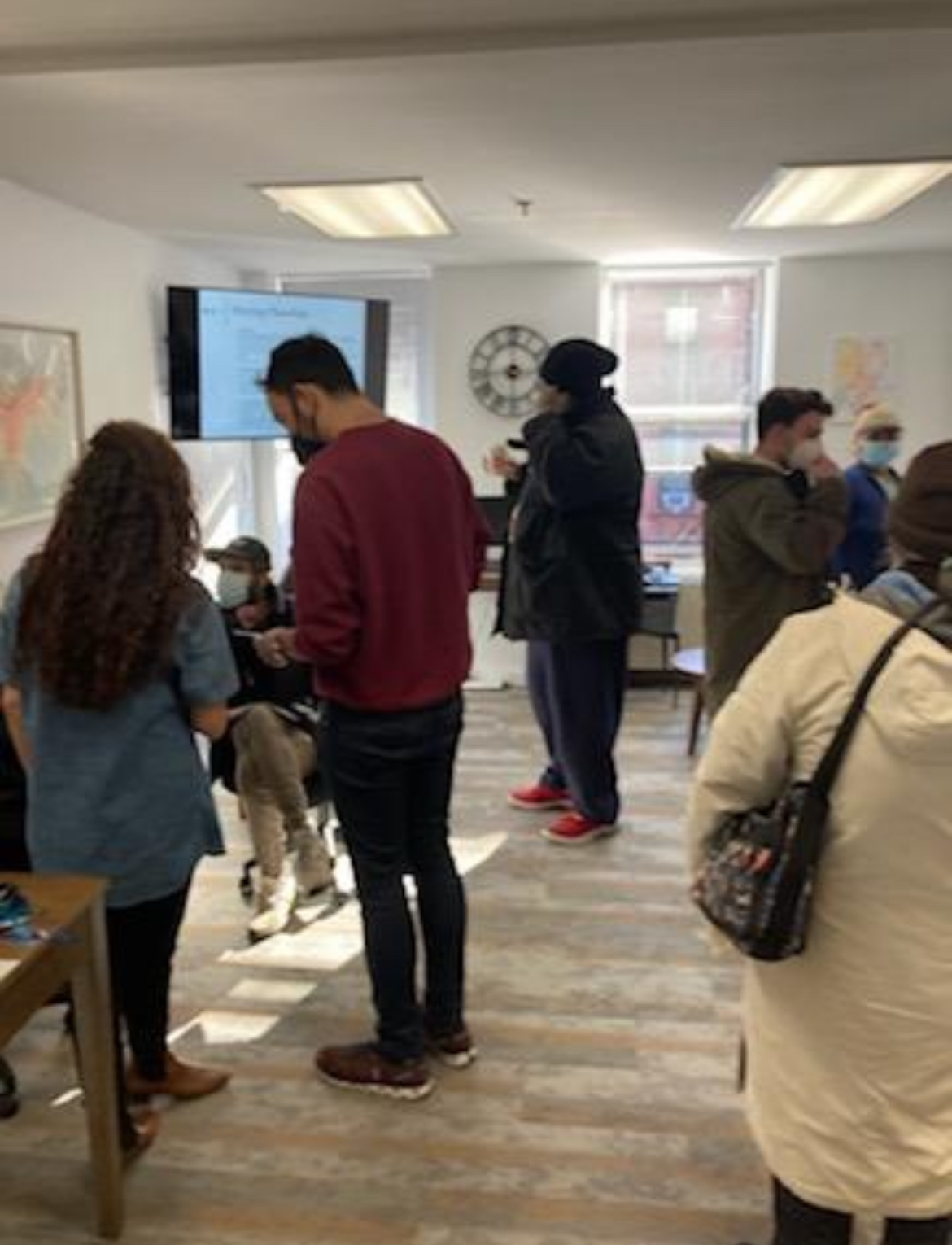
Do you think you’d choose a different profession or specialty if you were starting now?
Absolutely.
I have no regrets about being a social worker. I am super proud and wear my social work badge of honor everywhere I go and do in life. It’s a privilege to be a social worker. I couldn’t find myself doing something different because my passion has constantly been eliminating social injustice.
Contact Info:
- Instagram: https://www.instagram.com/rosita.marinez
- Linkedin: https://www.linkedin.com/in/rosita-marinez-a1443966
- Twitter: https://www.twitter.com/rmarinez43
